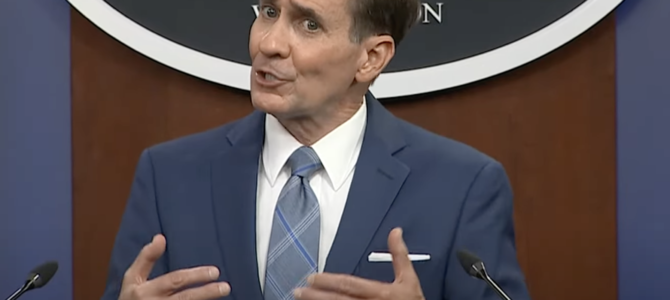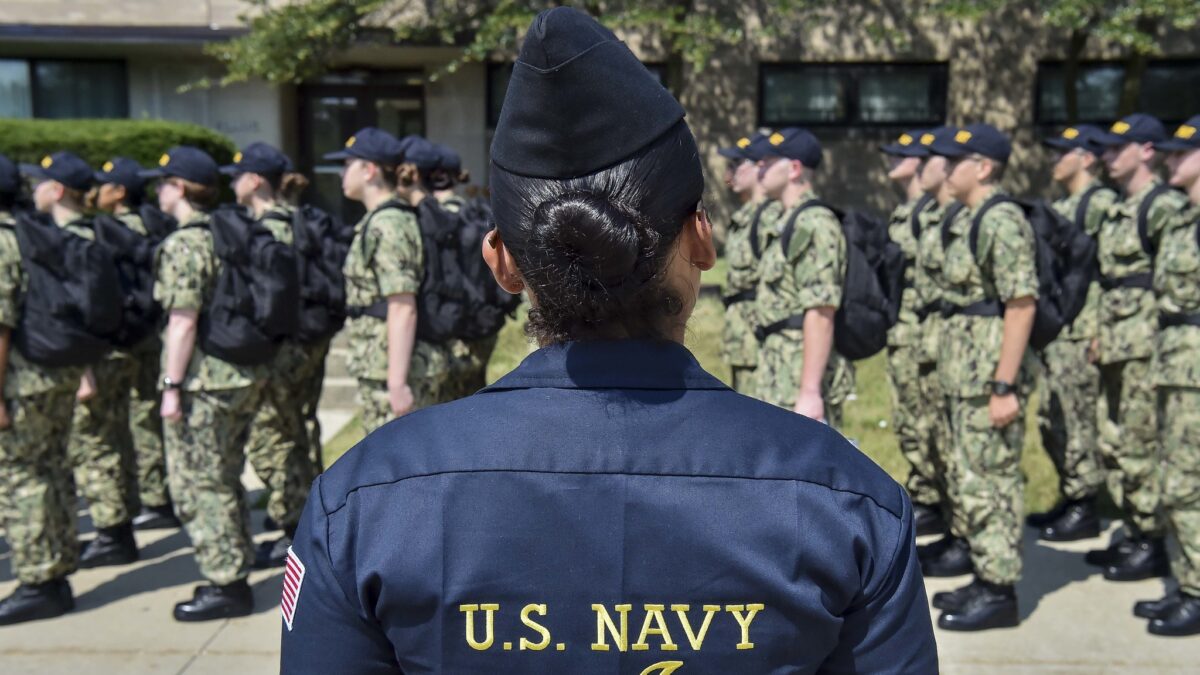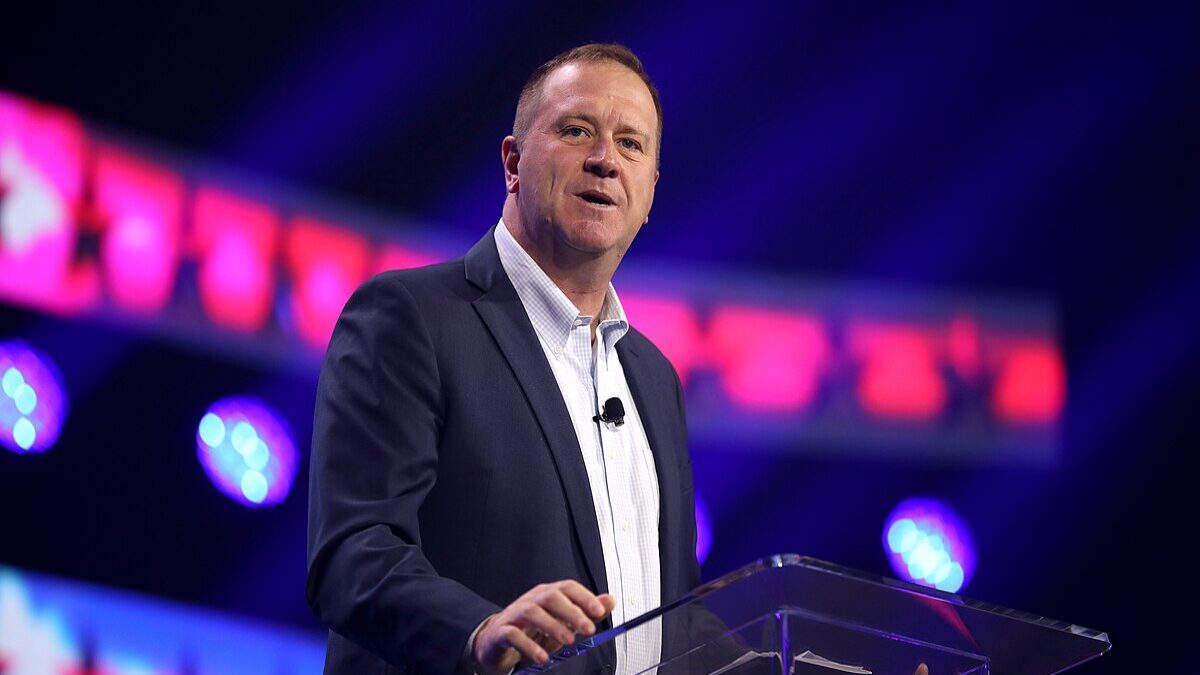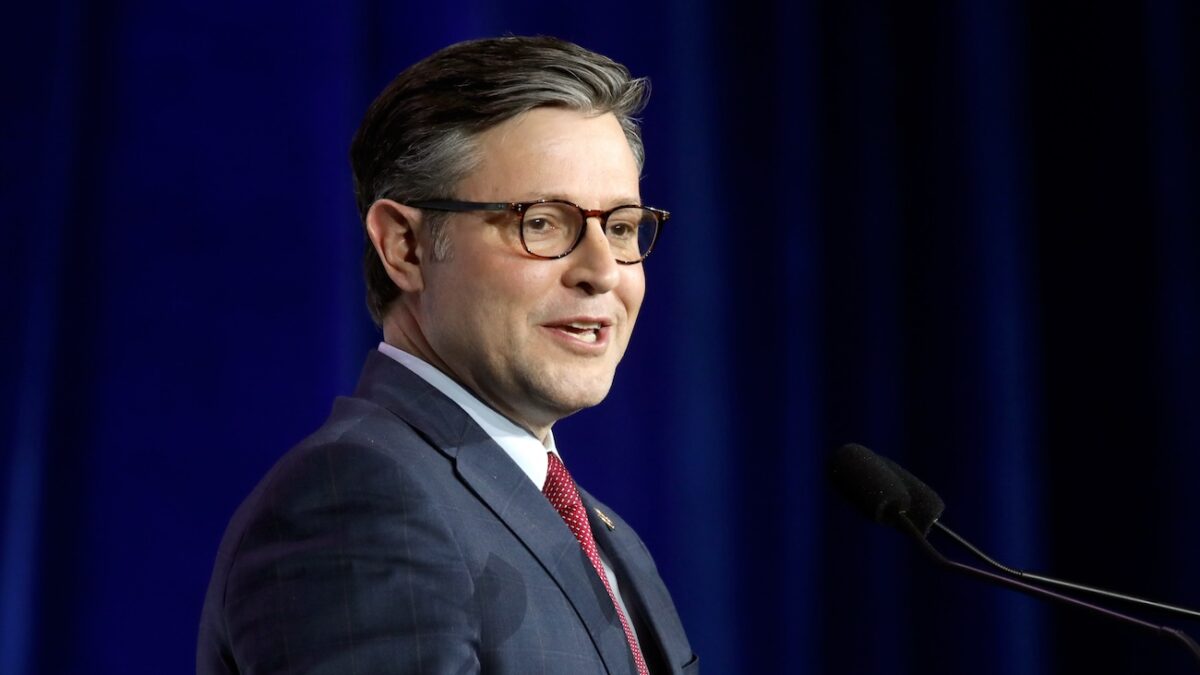It’s been days since the Pentagon first announced it conducted a drone strike in response to the ISIS-K suicide bomb attack that killed 13 American service members, but the names of the reportedly “high-profile” terrorists the Pentagon claimed to have taken out in the operation have yet to be released.
U.S. Central Command originally touted the “over-the-horizon counterterrorism operation” as having successfully killed one “ISIS-K planner.” Later, the U.S. Department of Defense clarified that two terrorist “planners and facilitators” reportedly died as a result of the operation and a third was wounded.
Subsequent news reports indicated that the U.S. strike had killed 10 family members, seven of whom were children. The Pentagon pledged to investigate these civilian deaths, but has since said nothing on the matter.
It didn’t take long for the corporate press to publish the names of the dead relatives of “a former interpreter who had been seeking a U.S. special immigrant visa,” but Pentagon press secretary John Kirby adamantly refused to name the terrorists allegedly killed in the drone strike or reveal their potential roles in the deadly explosions that took the lives of 13 U.S. service members.
“The fact that two of these individuals are no longer walking on the face of the Earth, that’s a good thing,” Kirby said. “It’s a good thing for the people of Afghanistan, and it’s a good thing for our troops and our forces at that airfield.”
The Pentagon and U.S. Central Command did not immediately respond to The Federalist’s request for comment.
The corporate press appeared to take Kirby’s words at face value, and suddenly what should have been one of the biggest revenge stories of the week died out of the news in days. While it is not uncommon for U.S. military operations against terrorists to remain secret until they are completed, it is unusual for the Biden administration to reveal the strike itself while masking just which danger to the U.S. and our citizens they took out.
When former President Donald Trump ordered the killing of Iranian Revolutionary Guard terrorist leader Qasem Soleimani, his administration not only touted the mission as successful but Trump himself also boasted about taking out an anti-American threat as a deterrent to anyone else who might consider targeting the United States.
“Soleimani was plotting imminent and sinister attacks on American diplomats and military personnel, but we caught him in the act and terminated him,” Trump said. “Under my leadership, America’s policy is unambiguous: To terrorists who harm or intend to harm any American, we will find you; we will eliminate you. We will always protect our diplomats, service members, all Americans, and our allies.”
Biden repeated a similar statement during his few afternoon speeches about Afghanistan. “To those who wish America harm, to those that engage in terrorism against us and our allies, know this: The United States will never rest. We will not forgive. We will not forget. We will hunt you down to the ends of the Earth, and we will — you will pay the ultimate price,” Biden said.
But his words lack action. Biden has repeatedly refused to accept responsibility for the botched withdrawal operations, service member deaths, and stranded Americans and Afghan allies who are using private endeavors to get back to the United States. His administration’s attempts to downplay which terrorists were killed are anything but a deterrent. They are yet another sign of weakness that can be exploited by the U.S.’s foreign enemies.









